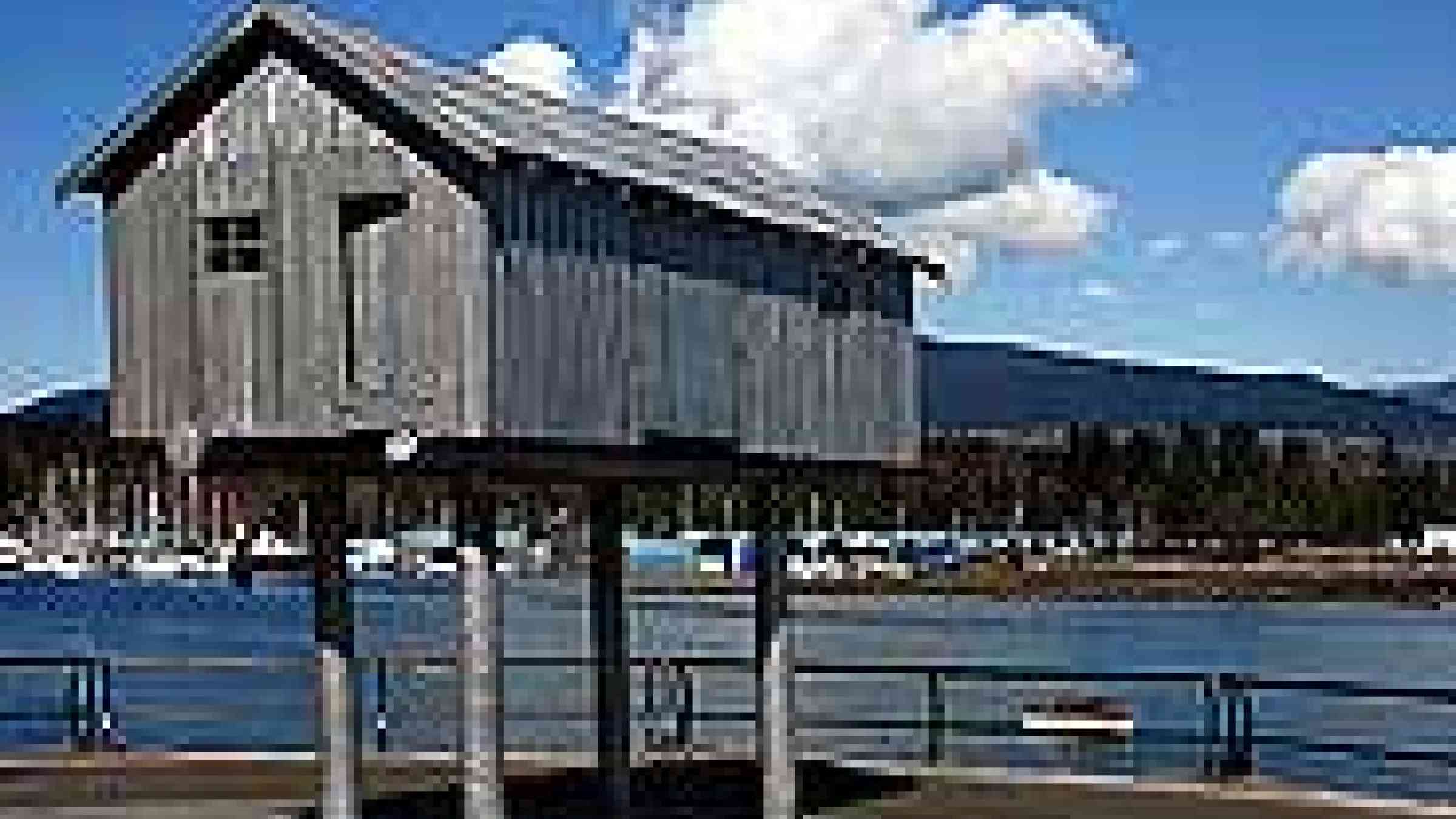
The first online database of international best practice case studies on climate change adaptation will be launched today at the Town and Country Planning Association's annual conference in London, Plan and Deliver?, as part of the European ‘Green and Blue Space Adaptation for Urban Areas and Eco Towns' (GRaBS) project. This free database, developed by the University of Manchester, focuses on examples relating to green and blue infrastructure, considering in detail the processes that have supported the implementation of adaptation responses in a range of urban areas across the world.
Underlining the UK Government's localism agenda and radical devolution of planning powers to local authorities and communities, the database uses world wide examples at different scales to inspire and guide local action to tackling climate change.
Introducing the database at today's conference, TCPA Chief Executive, Kate Henderson said:
"This unique online adaptation database provides a much needed practical and user-friendly tool for local communities and decision makers who are at the forefront of delivering on climate change. Through international best practice examples, the database illustrates the processes around how to deliver adaptation strategies at a variety of different scales."
Diane Smith, GRaBS Project Manager said:
"Adapting our towns and cities to the impacts of climate change is one of the greatest challenges society faces today. The adaptation database is one of the key outputs of the European GRaBS project, which promotes the exchange of knowledge and best practice on climate change adaptation. Local people and decision makers can now be inspired and learn from each other on how to bring forward the positive solutions on the ground that will secure the long term resilience and well being of our communities."
Rather than focusing on specific technologies, the case studies identify and highlight key factors in the delivery of adaptation strategies, such as governance, stakeholder relationships, political will, science and research, that all influence the success of adaptation responses in different locations.
Professor John Handley, Manchester University said:
"Several years ago the word ‘adaptation' was little known; today we recognise it as central to the future resilience of our communities as well as improving peoples' quality of life and biodiversity. While there has been a lot of progress on adaptation techniques, the University of Manchester has developed the first international case study database to show the processes that have supported the implementation of these adaptation responses."
The GRaBS project has also recently launched its second expert paper, ‘Participation in Climate Change Adaptation' by The Amsterdam City District of Nieuw-West partner, which explores the connection between climate change impacts in urban areas and how we can best involve communities in adaptation plans and their implementation, with a particular focus on adaptation measures that are socially and environmentally just.
The GRaBS project has 14 partners across 8 European Union member states exchanging experience, knowledge and assistance on delivering adaptation through the use of green and blue infrastructure. The project kicked off in September 2008, recognising that adaptation was an integral part of the sustainable development agenda, and its outputs have been central to developing an understanding of the issues. See www.grabs-eu.org for further information about the project, including to access the online adaptation database and expert papers, which has been co-financed by the European Union Regional Development Fund (ERDF) and made possible by the INTERREG IVC Programme.